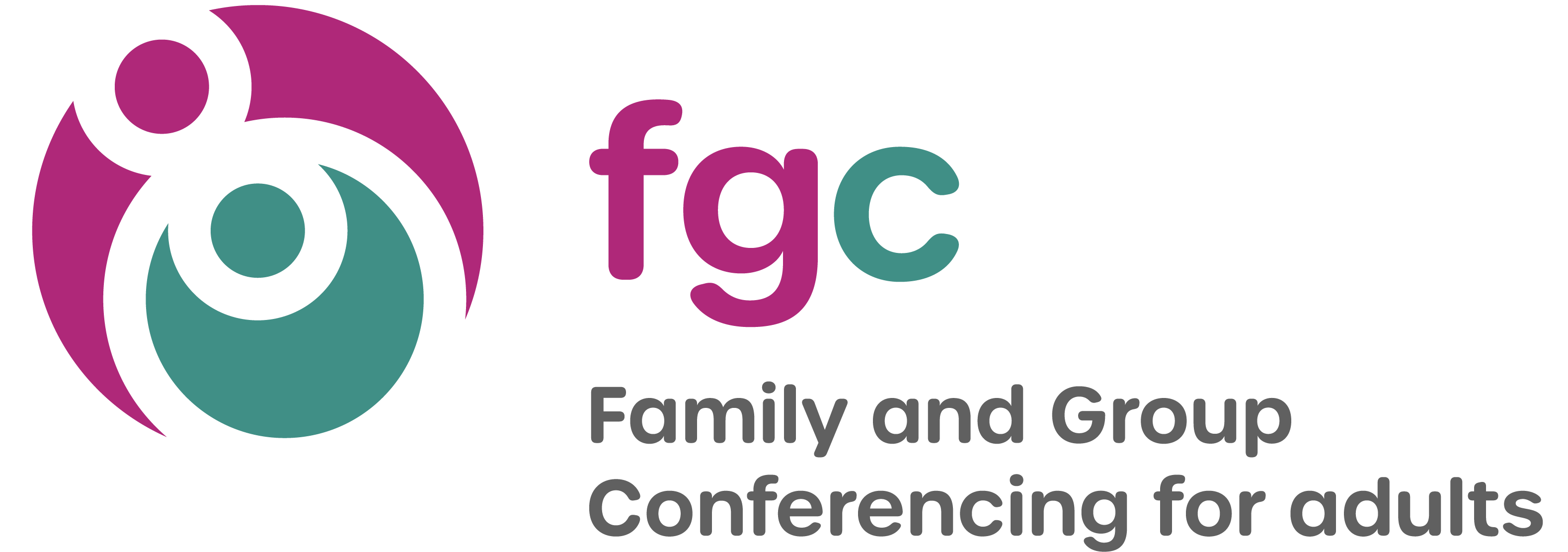8. Empowerment
Family Group Conferencing (FGC) is a strengths-based model that empowers families and recognises their capabilities.
FGMs are based on families’ strengths, focusing on their abilities, resources, and expertise. This approach acknowledges that families are the experts in their own lives and encourages their active involvement in decision-making processes.
Allowing families and young people to choose the food at an FGM is a small yet significant sign of their family-led approach. This level of choice demonstrates respect for their preferences and empowers them to shape the meeting according to their needs.
Family-chosen venues for FGCs are essential as they allow families to personalise the conference and make it their own. It will enable them to put their stamp on the event, creating a sense of ownership and empowerment.
Families can be empowered by taking responsibility for making plans during the FGC. By actively participating in the decision-making process, families gain a sense of ownership and control over their lives.
Leadership emerges from the FGM process. Family members take charge of their own decisions and actions, becoming leaders in creating positive outcomes for themselves and their children.
FGCs embody participatory democracy, in which families have a voice in shaping their lives and making decisions that affect them. This participatory approach promotes empowerment, autonomy, and self-determination.
The relationships between professionals and family members can be transformed through the FGC process. By engaging in collaborative decision-making and valuing the expertise of families, professionals can build trust and develop more respectful and equitable partnerships.
“Who knows what is best for the people if not the people themselves?” (Merkel-Holguin, 2004). This quote highlights the principle of democracy and the central value of the Family Group Conference, according to Merkel-Holguin.
Unlike traditional hierarchical and authoritative practice models, the Family Group Conference model provides a more positive environment for everyone involved. The beauty of sharing power in Family Group Conferences is that it values the individual or family’s role. It’s about their growth, understanding, development, navigation, confidence, resilience, and decision-making. It promotes love, empathy, and hope for the future. It’s a transformational process that encourages collaboration and learning for the individual/family, the network, and the professional.
In modern society, where democracy is a core value, we should embrace the FGC model to empower people to help them thrive rather than being an authority figure telling them what to do. They know what works best for them.
Reference:
Merkel-Holguin, Lisa. (2004). Sharing Power with the People: Family Group Conferencing as a Democratic Experiment 1. Journal of Sociology and Social Welfare. 31. 10.15453/0191-5096.2965.
